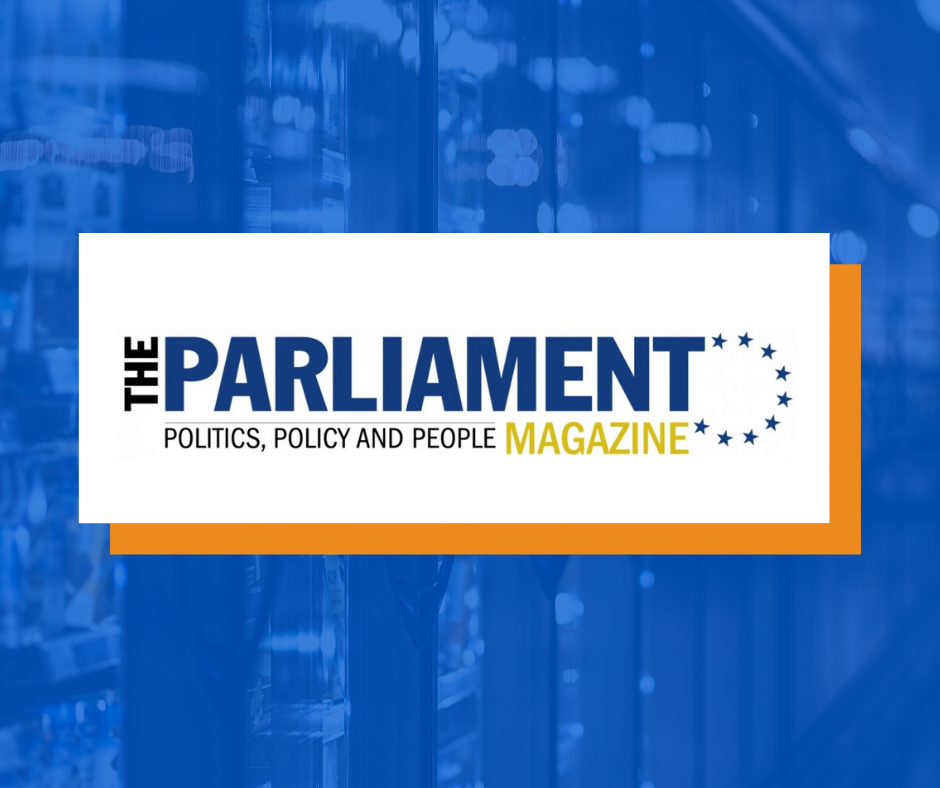The European Parliament’s vote to phase out the practice threatens to reduce consumer choice and stifle what is one of Europe’s most innovative sectors, writes the Consumer Choice Center’s Yaël Ossowski.
hen we hear gripes about social media, one of the top concerns is targeted advertising.
On any given day, this type of segmented advertising is used by the local hair salon searching for new clients, an environmental group asking for signatures on a petition, and a political candidate seeking your vote. These are all important and vital for our civil societies in Europe.
These groups pay to get your attention on social media because it achieves something essential: to generate business, to advocate for social causes, or win elections. This is facilitated by the unique platforms where we post and share information.
And because social media is usually free, accepting this advertising allows platforms to grow and scale to continue providing value to users. That is the balance that most of us understand. Some people are mildly annoyed, but others prefer advertising that caters to their interests.
Unfortunately, that distinction has given fodder to activists and politicians who want to ban this style of advertising to limit the ability to spread information on social media.
In October, MEPs in the European Parliament voted overwhelmingly in favour of severely restricting and eventually phasing out targeted ads. The proposal was an amendment to the annual competition report, aimed at overhauling the Digital Services Act. It remains non-binding until such regulation is issued by the European Commission.
Using his Twitter account, Dutch MEP Paul Tang categorised the vote as a “win” against large tech companies, further adding that “We see that big tech continues to expand their market power by considering personal data as a commodity. In addition to interfering with our privacy, such a revenue model is unhealthy and sickening for the internet.”
In this case, politicians in Brussels get it wrong. These policy remedies would end up being harmful to both consumers and small businesses, and dumb down the greatly innovative tech sector that provides value to users across Europe.
Social media platforms have grown to be popular because they empower users to speak their minds and profitable because they enable small businesses and groups to find current and future customers. That is a win-win for our societies.
If targeted advertising is dismantled online as some hope, it would severely restrict the options for entrepreneurs and social groups to find supporters and clients. That may sound good in theory, but in practice, it means stopping advertising options for environmental groups, restaurants hoping to deliver food during continued lockdowns, and more.
Regulating innovative technology because of serious legal and health concerns is warranted but stopping information and unique algorithms that give us what we want is a step too far.
We must face the fact that social media has become the new marketplace where we seek information. If we legislate and ban specific methods of sharing information on products and services online, this reduces consumer choice and chokes off entire industries. This harms everyone.
“If we legislate and ban specific methods of sharing information on products and services online, this reduces consumer choice and chokes off entire industries. This harms everyone”
More than harmful, it is also based on the false assumption that adults are not intelligent enough to understand or interpret advertising. This is both paternalistic and wrong.
Of course, ads are annoying for those who do not want them. And, luckily, the same technology that created targeted micro-advertising has also spawned ad-blocking browser plugins, Virtual Private Networks, and private browsing modes that are simple and easy to use for those who want them.
Thanks to technology, everything we do online has gotten more efficient, more effective, and less costly. It has empowered non-profits like mine, given a voice to millions of entrepreneurs, and offered untold value to users around the world.
As advocates for a free and open Internet, we must continue to uphold innovation and ensure it is protected from those that wish to limit its potential. The European Union needs to find ways to foster, rather than choke off, the innovation that every citizen on the continent deserves.
Originally published here.



